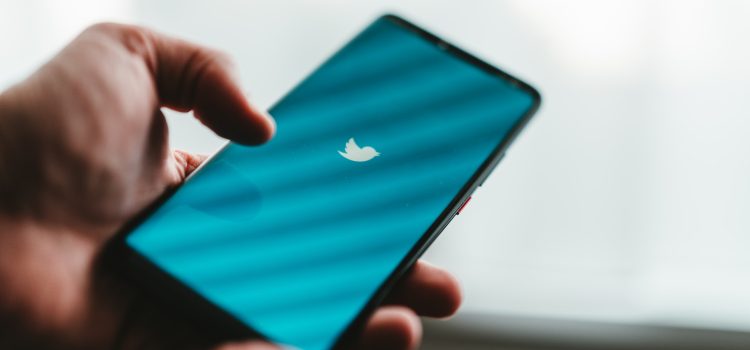
Introduction
Twitter, one of the leading social media platforms, is facing a wave of lawsuits from the music industry, alleging copyright infringements. This article delves into the details of the legal action taken by music companies against Twitter, highlighting the accusations made and the potential significant penalties involved. The outcome of these lawsuits could have far-reaching implications for Twitter, the music industry, and the broader landscape of intellectual property protection.
Lawsuits Targeting Twitter
Copyright Breach Allegations
Music companies have initiated legal proceedings, accusing Twitter of allowing its users to share copyrighted music without the necessary licenses or permissions. They argue that Twitter’s failure to address these copyright violations constitutes a breach of intellectual property rights, negatively impacting the rightful revenue streams of artists and music labels.
High-Stake Penalties
The lawsuits seek hefty penalties against Twitter for the alleged copyright infringements. The potential financial repercussions for Twitter could be substantial, with the music industry demanding significant compensation for each violated work. These penalties aim to emphasize the gravity of the alleged breaches and the need for stronger enforcement of copyright protection in the digital age.
Implications for the Music Industry
Protecting Artists’ Rights
The lawsuits against Twitter underscore the music industry’s ongoing struggle to safeguard the rights of artists and copyright holders. By taking legal action, music companies aim to ensure that artists receive fair compensation for their creative works and that their intellectual property is respected and protected.
Preserving Financial Stability
Copyright infringement on social media platforms poses a significant threat to the financial stability of the music industry. Unauthorized sharing of copyrighted music undermines legitimate sales, royalties, and other revenue streams, impacting the livelihoods of artists and the sustainability of the industry. The outcome of these lawsuits may shape future strategies for revenue generation and intellectual property management within the music business.
Reinforcing Copyright Enforcement
The legal battle against Twitter highlights the need for robust copyright enforcement measures in the digital realm. By holding Twitter accountable for alleged copyright breaches, the music industry aims to establish precedents that reinforce the responsibilities of online platforms in protecting intellectual property. This may lead to improved content filtering technologies, stricter enforcement policies, and a more proactive approach to identifying and removing infringing material.
Future of Intellectual Property Protection
Balancing Innovation and Rights
The lawsuits against Twitter raise important questions about striking the right balance between fostering innovation and protecting intellectual property rights. Social media platforms must find ways to encourage creativity and user-generated content while upholding copyright laws. This delicate equilibrium is crucial for supporting artistic expression and driving technological advancements.
Impact on Online Platforms
The outcome of these lawsuits could have a broader impact on online platforms beyond Twitter. Platforms may face increased scrutiny and pressure to implement stronger measures to prevent copyright infringements. This may include enhanced content recognition technologies, improved copyright infringement reporting mechanisms, and closer collaboration with copyright holders to ensure compliance.
Conclusion
The music industry’s legal action against Twitter for alleged copyright breaches serves as a powerful reminder of the ongoing challenges in protecting intellectual property rights in the digital age. The outcome of these lawsuits will not only determine the potential penalties for Twitter but also set important precedents for intellectual property protection on social media platforms. As the legal proceedings unfold, the music industry, social media users, and online content creators will closely monitor the implications of this case, which has the potential to reshape the landscape of intellectual property enforcement and shape the future relationship between copyright holders, social media platforms, and digital content sharing.








